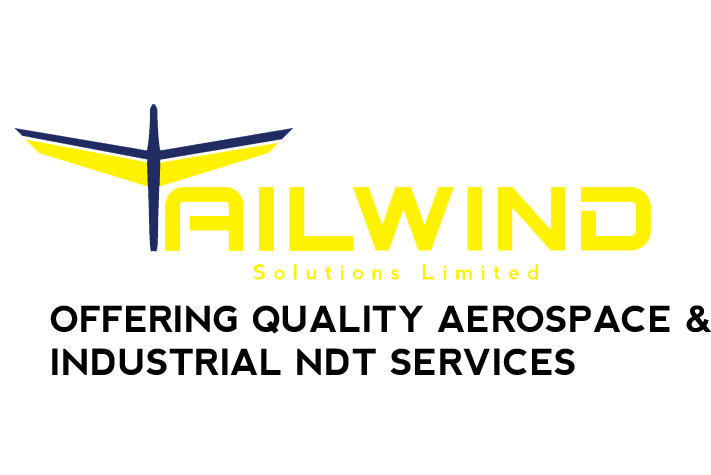No products in the cart.
Eddy current testing is used extensively in the aerospace sector during scheduled maintenance programmes and in non-routine inspection requests.
Nevertheless, Tailwind Solutions also carry out eddy current testing throughout the engineering and industrial sectors, using a variety of up-to-date procedures and techniques.
Eddy Current uses electromagnetic induction to detect defects and flaws in electrically conductive materials. Eddy current testing can detect surface breaking and slightly sub-surface flaws and can be applied to coated surfaces with minimal to no preparation required.
Eddy Current testing can be carried out at high and low frequencies and with the use of rotary probes we are able to detect cracks in difficult geometrical features like fastener and rivet holes.
Eddy Current Inspection can also be used effectively when conductivity testing and/or coating thickness measuring is required.
We offer a quick and cost effective service to all industries on a regional basis.
We have approved engineers ready to inspect any kind of job/component, whether it be routine or non-routine inspection requirements.
All our eddy current inspectors are level II or level III certified to EN4179/NAS410, PCN and ASNT, where relevant.


